Kenya Ordered to Pay Sh10M Over Unlawful Deportation of IPOB Leader Nnamdi Kanu
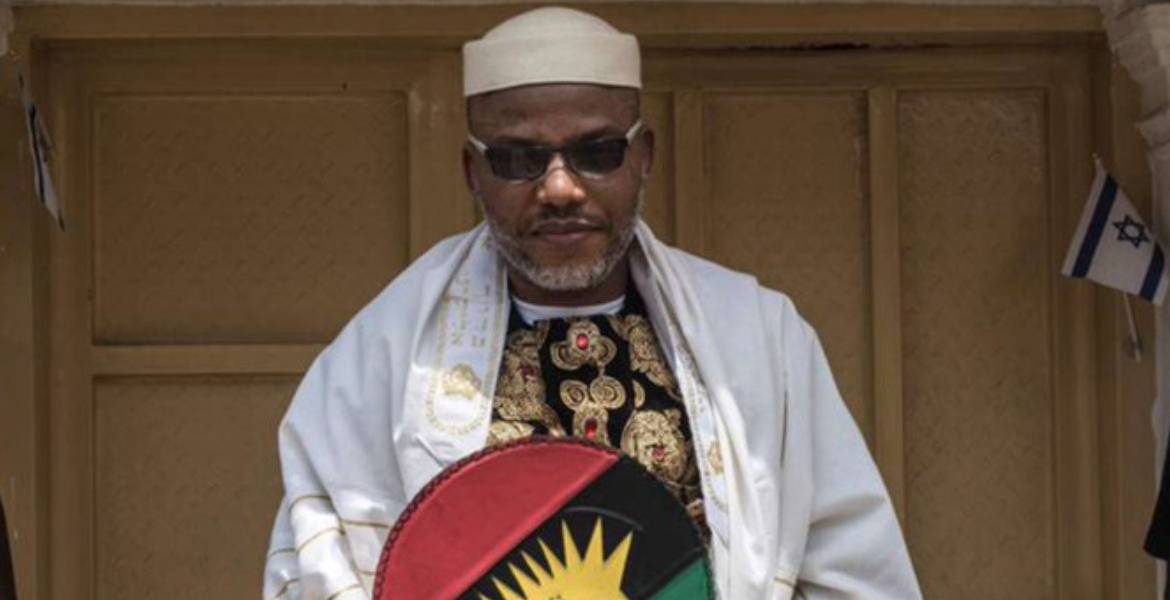
The High Court in Nairobi has ruled that the Kenyan government must pay Sh10 million in damages to Nnamdi Kanu, leader of the Indigenous People of Biafra (IPOB), a Nigerian separatist movement.
The court has found that Kanu was subjected to an "unlawful and forcible" removal from Kenya in June 2021 and subsequently handed over to Nigerian authorities.
Justice Chacha Mwita, presiding over the constitutional petition brought by Kanu's brother, Kingsley Kanu, said that Nnamdi Kanu, who entered Kenya legally on an East African tourist visa issued in Kigali, was entitled to the full protection of the Kenyan Constitution. The court found that his rights and fundamental freedoms were egregiously violated when he was abducted and transferred to Nigeria without any due process.
The ruling condemns the incident as an affront to constitutional safeguards and the rule of law. According to court submissions, Nnamdi Kanu was residing in the Kilimani area of Nairobi when he was seized on June 19, 2021, at Jomo Kenyatta International Airport (JKIA) where he had arrived to meet with a contact.
While Kenyan authorities deny direct involvement in the arrest and deportation, Justice Mwita casts considerable doubt on these denials. The court describes the claims of non-involvement as implausible, particularly given the high-security environment of JKIA.
"That foreign agents can enter the country, conduct clandestine operations, abduct people who are lawfully in the country... and take them out through some of the most secure national installations without the knowledge of the government... is simply not credible," Justice Mwita asserted.
The Ministry of Interior and the Director of Immigration Services maintain that there is no official record of any detention or deportation order for Mr. Kanu and that the allegations are speculative and unsubstantiated. The court, however, rejects this position.
"The abduction and incommunicado confinement were not lawful acts," the judge declares, adding that the lack of documentation points not to non-involvement, but to unlawful conduct concealed from official oversight.
The court emphasises that anyone within Kenya's jurisdiction is entitled to constitutional protections, regardless of nationality. Justice Mwita says that Mr. Kanu's rights were recognised and protected by the Bill of Rights and that he had the right to enjoy those rights and fundamental freedoms while in Kenya.
The details surrounding Kanu's alleged eight-day detention in Kenya are stark.
Reports submitted to the court allege that he was held incommunicado, denied access to legal counsel, fed stale bread, forced to drink unclean water, and denied necessary medical treatment for hypertension and a heart condition. These accounts raise profound concerns about the disregard for national and international human rights norms. The Nigerian government maintains that Kanu's arrest was part of a cross-border intelligence collaboration aimed at returning him to Nigeria to face a terrorism-related trial that originally began in 2015.
The court acknowledges that Interpol and other intelligence agencies were purportedly involved. However, it makes it clear that the Kenyan legal system cannot condone procedures that bypass its constitutional and statutory safeguards, regardless of diplomatic considerations. Under Kenya's Extradition (Contiguous and Foreign Countries) Act, extradition procedures require judicial oversight, the presentation of an arrest warrant, and access to legal representation, none of which were observed in Kanu's case.
The judgment is interpreted by legal observers as a strong rebuke of both procedural violations and governmental opacity. Mr. Kanu, who holds dual British-Nigerian citizenship, leads IPOB, which advocates for the secession of south-eastern Nigeria to form an independent Biafran state. In 2017, while on bail for charges that included terrorism and incitement, he fled Nigeria after a military operation on his residence allegedly resulted in multiple fatalities among members of his movement.
The Nigerian state continues to view IPOB as a threat to its territorial integrity, which has contributed to the contested nature of his rendition and detention.

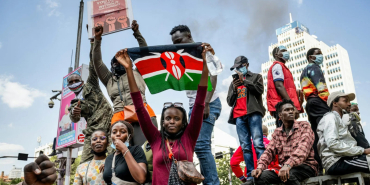
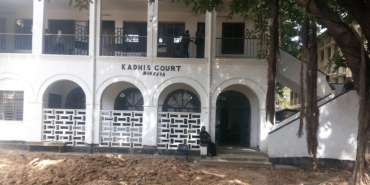
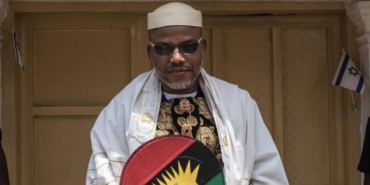

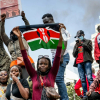


Add new comment